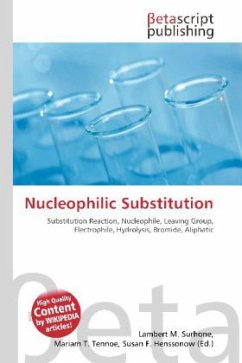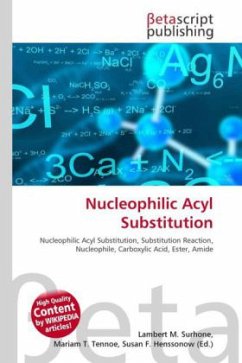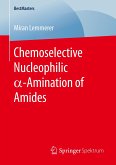High Quality Content by WIKIPEDIA articles! As the name suggests, a non-nucleophilic base is an organic base that is a very strong base but at the same time a poor nucleophile. In thermodynamic reaction control an electron donor molecule acts as a nucleophile, in kinetic reaction control the electron donor abstracts a proton (or rather the proton gets harpooned, hence its alternative name harpoon base). For this reason these bases are said to be involved in kinetic deprotonation. The following diagram shows how the hindered base, lithium diisopropylamide, is used to form to deprotonate an ester to give the enolate in the Claisen ester condensation, instead of undergoing a nucleophilic substitution.
Bitte wählen Sie Ihr Anliegen aus.
Rechnungen
Retourenschein anfordern
Bestellstatus
Storno








